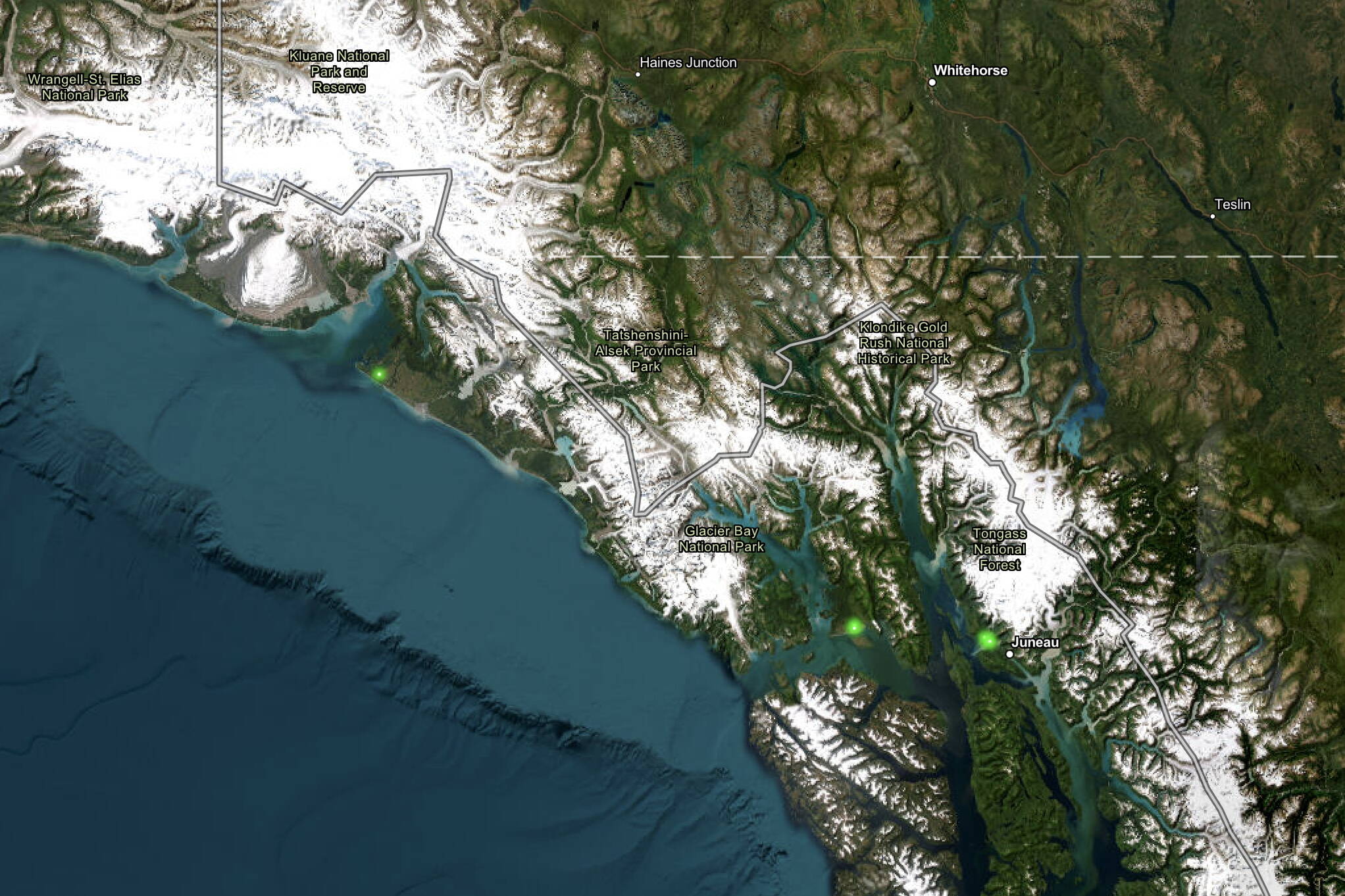Cleaning up and preventing more “forever chemicals” remains subject to immensely complex and constantly evolving regulations in Alaska, the U.S. and globally. But for now a Juneau lawmaker is just hoping to prevent firefighters from using more such chemicals and people in Yakutat just want to feel safe drinking the water.
A general ban on PFAS (Per- and polyfluoroalkyl substances) chemicals for firefighting is proposed in a bill by state Sen. Jesse Kiehl, a Juneau Democrat who has unsuccessfully sought broader restrictions that included drinking water requirements during previous sessions. But he said this week an overhaul of water quality rules being issued by the Environmental Protection Agency that the state Department of Environmental Conservation indicates it will mirror resulted in the narrower focus of a bill he hopes has a greater chance of passage.
“With the DEC regulations, a lot more people will get clean drinking water,” he said. “With my bill there will be no new pollution.”
A high percentage of Alaska’s PFAS contamination is linked to flame retardant foam used by firefighters around airports and on military bases. Senate Bill 67 prohibits PFAS chemicals in firefighting except when a state fire marshal determines it is necessary for instances involving “oil or gas production, transmission, transportation, or refining.”
Kiehl said existing non-PFAS substances are not yet adequate to fight major fires in oil industry situations such as a North Slope refinery or the Exxon Valdez. There is also an exception for small rural communities that use small “load carts” to store firefighting chemicals, with a usage limit of 25 gallons a year.
Kiehl said while his bill doesn’t address the DEC’s drinking water rules, “I’m leaning on them to do better than four years ago” in terms of setting limits.
The state has mirrored federal PFAS regulations during the Dunleavy administration — reversing stricter rules enacted during the final days of former Gov. Bill Walker’s administration. The EPA last fall issued far stricter recommendations pending new regulations, which public comments are being accepted on until March.
The DEC, in a statement on its website dedicated to PFAS chemicals, suggests it will comply with the federal requirements.
“DEC supports the EPA’s efforts to address PFAS and reduce Alaskans’ exposure to these chemicals,” the state agency notes. “DEC will continue to work with the Alaska Department of Health, the Alaska Department of Transportation & Public Facilities, and our federal partners to interpret this new information as it applies to the people of Alaska.”
While there are scores of PFAS contaminated sites on the DEC’s current interactive map, only three communities in Southeast Alaska are included. The one with the most pressing current problem is Yakutat, a mostly Tlingit community with about 600 residents, which has been seeking a water pipeline between town and the airport so about 50 residences and some businesses don’t have to worry about the contamination site at the airport.
The town just received $5.1 million in the federal omnibus bill for the pipeline, although Borough Manager Jon Erickson said he’s also trying to get a $1.5 million loan from the state, which he hopes also will provide at least some of the 20% in matching funds required for the federal allocation. He said if all goes smoothly — far from a certainty for the remote community given current widespread problems such as workforce and supply chain issues —· he hopes engineering work on the project could begin this summer and the pipeline completed by late next year.
Meanwhile, among the hardships is Yakutat Lodge near the airport has had to cope during recent seasons by having the state Department of Transporation provide bottled water for all essential uses, Erickson said.
Gustavus also experienced significant PFAS issues with contamination discovered several years ago at two sites, although remedial efforts suggest there’s no official current measurements showing drinking water is unsafe. Juneau has three listed sites — two at the airport and one at Hagevig fire training center — but Fire Chief Rich Etheridge stated in an email Thursday recent surveys of all properties within a half mile of the training center “found no one in the area using well water for drinking any longer reducing the impact to the community.”
“This year there are plans to install 12 additional monitoring wells to better track the extant of the PFAS spread,” he wrote.
The city has shifted to less-impactful, but not 100% environmentally safe, firefighting foams during the past several years, which is “the only foam approved by the FAA for Airport Crash Fire Rescue Firefighting,” Etheridge stated.
“We do not discharge it unless there is an emergency,” he wrote, adding “CBJ is doing a fantastic job monitoring the impacts and following the state and federal laws and regulations for monitoring and mediation. Regulations and requirements are in continual flux. We are currently looking at SB 67 to see what potential impacts there might be on our operations.”
• Contact reporter Mark Sabbatini at mark.sabbatini@juneauempire.com

